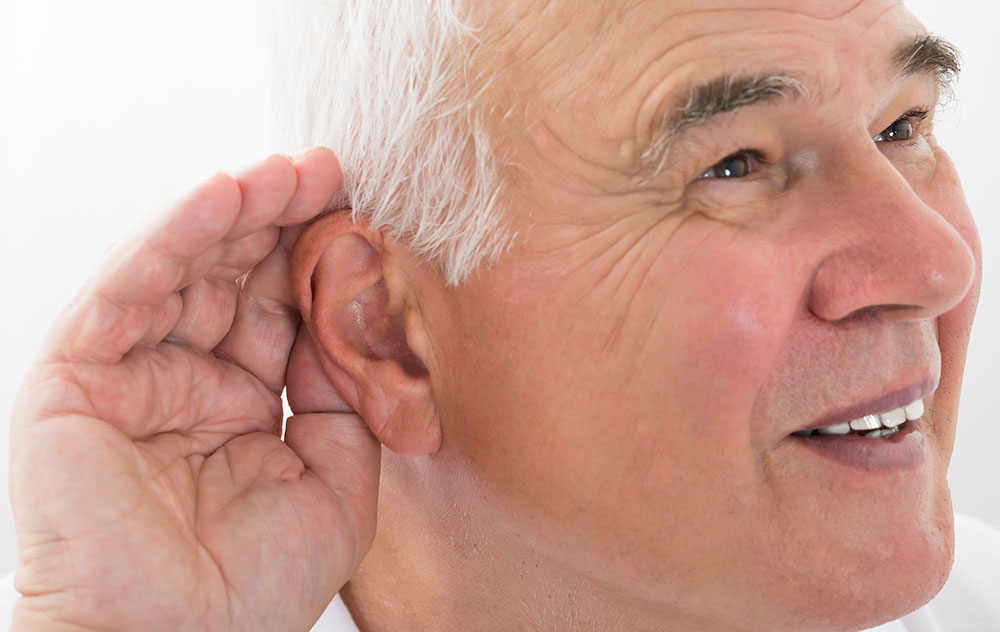What is an Air Conduction Hearing Aid?
Various choices of hearing instruments are available for people who have

By: admin | March 18, 2019
Many people have never had a hearing test before or don't remember when they last had one. If you or someone else has noticed a problem with your hearing or you just want to check on your hearing health, making a hearing appointment is a good idea. However, if you're a bit nervous, it can be helpful to know what's going to happen during your appointment. The most important thing to remember is that none of the tests are painful and your hearing specialist will make sure that you're comfortable. There are several things that will take place during your appointment.
Before you have any tests, it can be useful to talk about your medical history and specifically your hearing health. This can give you a chance to mention any changes that you might have noticed to your hearing or to tell the hearing instrument specialist about any medications you take that could affect your hearing. It's important to understand whether there is anything in your history or your current health status that could influence your hearing health. This is also a good time to ask questions and perhaps take notes. Some people find it useful to take someone with them to their appointment for help.
Another item you can discuss before your hearing tests is your lifestyle and any hearing needs you might have. This helps your hearing specialist to understand your hearing better and can be useful later if you do need hearing aids or another solution for hearing loss. You can also receive advice about how to care for your hearing and your ears, especially if you are often exposed to loud noises. You can discuss whether you have an active social life, if you're physically active and other lifestyle needs that might affect your hearing or use of hearing aids.
Hearing exams include a number of different tests to check the health of your ears and hearing. One of The Hearing House's board-certified hearing instrument specialists will use an audiometer to test your hearing. First, they will examine your ear canal using an instrument called an otoscope. Then they will perform tests including pure tone testing, bone conduction testing, speech testing and speech-in-noise testing. Each of these tests is designed to check a different part of how your ear functions. For example, pure tone testing tests for the quietest sounds you can hear at different frequencies.
Each test helps to build a full picture of your hearing health and the health of your ears.
During your hearing evaluation, you will discuss the results of your hearing tests. If you have any hearing loss, this is when you will spend some time looking at the severity of it and where the hearing loss has occurred. The purpose of the hearing evaluation is to determine the best option to address your hearing loss. In addition to hearing aids, there are several other solutions that you might consider. You can use this time to ask questions and learn more about your options, as well as discuss your wants, needs and concerns.
If you and your hearing instrument specialist decide that hearing aids are appropriate for you, they can show you some of your options. They can also do some further things to help you choose the best hearing aids and make sure you get the settings right to give you the best hearing. Live speech mapping is part of this when you have your hearing aids fitted. It uses microphones to determine how you hear speech through your hearing aids. However, this will likely be carried out at your hearing aid fitting, rather than at your first hearing appointment.
Make your first hearing appointment with The Hearing House by calling (715) 384-4700. After your initial appointment, we can take care of any further appointments that might be necessary.

Various choices of hearing instruments are available for people who have
By: admin | April 16, 2020

One of the first assumptions that people have when they experience hearing
By: admin | March 17, 2020

Hearing aids are an incredibly useful technology for those experiencing
By: admin | February 18, 2020
We look forward to helping you and your family with all of your hearing healthcare needs. Visit one of our 5 locations today!
